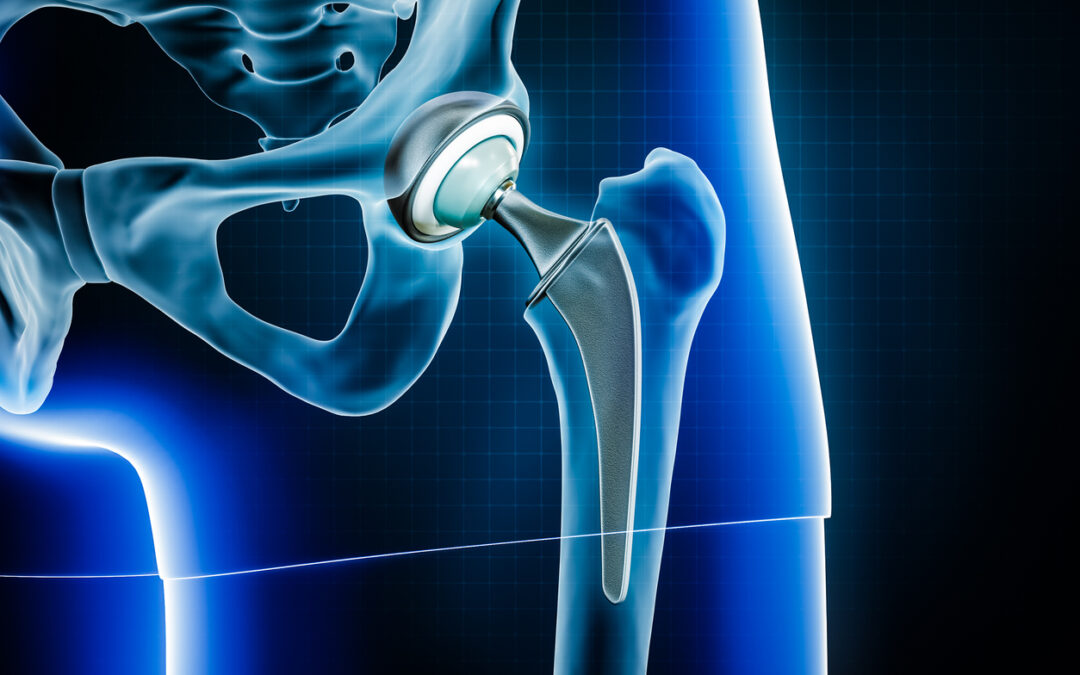If you were injured by a defective Wright ProFemur hip implant, you are not alone. This modular-neck hip implant has been linked to an 11% three-year failure rate. Side effects of a defective Wright ProFemur hip implant include severe pain, irritation, loosening of the hip joint, toxic metal particles in the body, non-cancerous pseudotumors, and more. Most people who suffer from hip implant failure require an expensive, painful, and debilitating revision surgery.
What You Can Do & How a Wright ProFemur Hip Implant Lawsuit Can Help
The Schmidt Firm, PLLC is currently accepting Wright ProFemur hip implant induced injury cases in all 50 states. If you or somebody you know has been injured by a defective Wright ProFemur hip implant, you should contact our lawyers immediately for a free case consultation. Please use the form below to contact our Defective Medical Device Litigation Group or call us toll-free 24 hours a day at (866) 920-0753.
UPDATE: $4.5 Million Awarded to Man Injured by Wright Profemur Hip
June 15, 2015 — Wright has been hit with a $4.5 million jury verdict in favor of a man who was seriously injured when his Profemur R hip replacement failed three years after it was implanted. Click here to read more.
June 2, 2015 — Trial is underway in California on behalf of a man who needed 14 revision surgeries after his Wright Profemur hip replacement failed prematurely. Click here to read more.
Overview
The Wright ProFemur Total Hip System is a brand of hip replacement that is designed and manufactured by the medical device company Wright Medical Technology. The device is has a metal-on-metal component in the neck/stem junction, which can corrode and release metal debris. The design of the Wright ProFemur has many interchangeable parts for the neck of the device, which helps an orthopedic surgeon fit the implant to a patient.
Metal-on-Metal Hip Implants
Most of the problems with metal-on-metal hip implants (including the Wright ProFemur) occur because the devices can shed metal debris into the body when the metal-on-metal parts grind together. When chromium particles are absorbed by white blood cells, they are exposed to oxygen inside the cells. Chromium oxidizes and corrodes when exposed to oxygen, releasing charged cobalt ions. While chromium forms a solid residue that remains in the tissue, charged cobalt ions are highly soluble and leach easily into nearby tissues and the bloodstream. Cobalt ions are also genotoxic, which means that they can destroy cellular DNA and cause severe tissue damage. The long-term side effects of chromium and cobalt is unknown.
Wright ProFemur Hip Failure
The Wright ProFemur hip replacement has been linked to an 11.2% failure rate, according to a 2009 report from an implant registry from the Australian Orthopaedic Association. This report found that the Wright Profemur Z hip implant was associated with an 11.2% three-year revision rate.
This means that one out of every nine people who get this device will require revision surgery due to early failure of the device. Hip implants are supposed to last for at least 15 years. When a hip implant fails prematurely, the patient often needs a painful, expensive, and debilitating revision surgery.
Wright ProFemur Fast-Tracked Through FDA Approval
Like many other metal-on-metal hip implants, the Wright ProFemur was approved under the FDA’s 510(k) approval process. So long as a manufacturer claims their device is “similar” to an existing device, they do not need to conduct expensive long-term safety studies of their device before they can sell it.
This “fast-track” approval process that lacks safety data has come under criticism, following the recall of tens of thousands of hip implants. Just because a new device is “similar” to another device does not mean that it is as safe. Metal-on-metal hip implants have been linked to three-fold higher rate of failure compared to plastic and ceramic designs. Unfortunately, these safety issues were not discovered until the Wright ProFemur and other metal-on-metal hip implants were already implanted in 500,000 Americans.
Side Effects of a Defective Wright ProFemur Hip Implant
If you have suffered any of the following side effects with your Wright ProFemur hip implant, you are not alone. Furthermore, you may be entitled to compensation for your injury. Side effects of a defective hip implant may include:
- Severe pain, swelling, inflammation
- Loosening of the hip joint
- Changes in mobility, walking, or gait
- Difficulty standing
- Growth of non-cancerous pseudotumors
- Tissue damage or death (necrosis)
- Bone loss
- Muscle damage
- Metallosis (metal poisoning)
- Cobalt and chromium in the bloodstream
- Metal debris in the body
- And more
Do I have a Wright ProFemur Hip Implant Lawsuit?
The Schmidt Firm, PLLC is currently accepting Wright ProFemur hip implant induced injury cases in all 50 states. If you or somebody you know has been injured by a defective Wright ProFemur hip implant, you should contact our lawyers immediately for a free case consultation. Please use the form below to contact our Defective Medical Device Litigation Group or call toll free 24 hours a day at (866) 920-0753.
Attention Lawyers: We consider a referral from another law firm to be one of the greatest compliments. If your firm is interested in referring us a case or for us to send you a list of previous award judgments and/or average referral fees, please visit the Lawyer Referral section of our website.


 The Schmidt Firm, PLLC has been recognized as one of the nation’s leading plaintiffs' law firms and handles cases in all 50 states. We are very proud of our legal achievements, but equally self-respecting of our firm's reputation for providing personal attention to each and every client we represent.
The Schmidt Firm, PLLC has been recognized as one of the nation’s leading plaintiffs' law firms and handles cases in all 50 states. We are very proud of our legal achievements, but equally self-respecting of our firm's reputation for providing personal attention to each and every client we represent.

